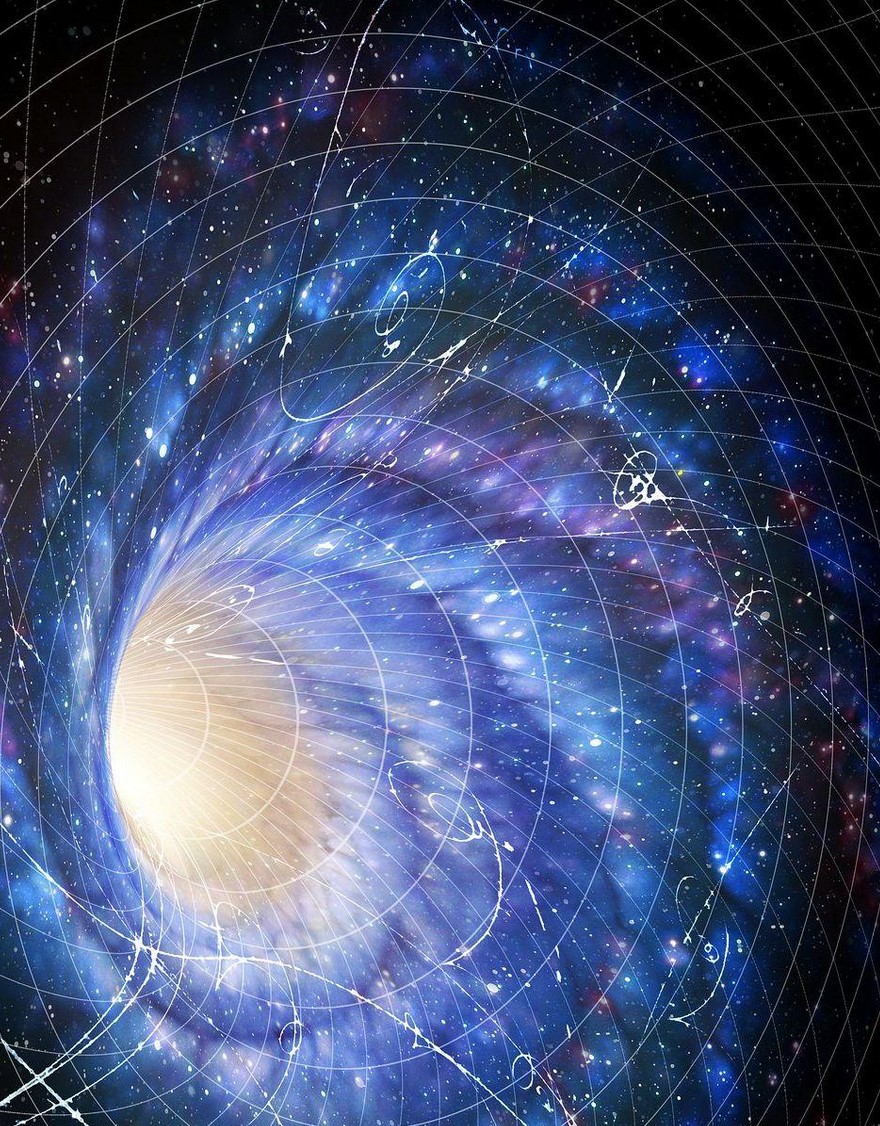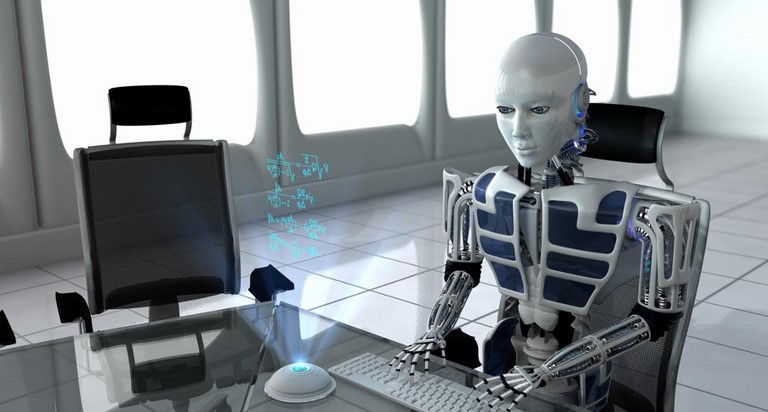The Paradox of Time Travel
Time travel has always been a fascinating concept, capturing the imaginations of scientists, writers, and moviegoers alike. The idea of being able to travel back in time and alter the course of history is both thrilling and mind-boggling. But is it really possible? Can we truly change the past, or are we bound by the constraints of causality and the infamous time travel paradox? In this article, we will delve into the intricacies of time travel and explore the theories and possibilities surrounding this captivating concept.
The Grandfather Paradox
One of the most well-known paradoxes associated with time travel is the Grandfather Paradox. Imagine you travel back in time and accidentally kill your own grandfather before he has a chance to father your parent. This would mean that you would never be born, which raises the question: if you were never born, how could you have traveled back in time to kill your grandfather in the first place?
This paradox highlights the potential contradictions and logical inconsistencies that arise when contemplating the ability to change the past. If we could indeed alter events that have already occurred, it would create a ripple effect, altering the course of history and potentially erasing our own existence. This paradox suggests that changing the past is simply not possible, as it would lead to logical contradictions.
The Novikov Self-Consistency Principle
While the Grandfather Paradox presents a compelling argument against changing the past, there is another theory that offers a different perspective. The Novikov Self-Consistency Principle, proposed by Russian physicist Igor Novikov, suggests that any actions taken by a time traveler in the past would be predetermined and consistent with the timeline they originated from.
According to this principle, if a time traveler were to attempt to change the past, their actions would ultimately result in the same outcome that led them to travel back in time in the first place. In other words, any attempt to alter the past would be futile, as the timeline would simply adjust itself to ensure that the time traveler’s actions align with the events that have already occurred.
This principle provides a more optimistic view of time travel, suggesting that the universe has a built-in mechanism to prevent paradoxes from occurring. It implies that any actions taken by a time traveler would be part of a predetermined sequence of events, ensuring that the past remains consistent with the present and future.
The Many-Worlds Interpretation
While the Grandfather Paradox and the Novikov Self-Consistency Principle offer contrasting viewpoints on the possibility of changing the past, there is yet another theory that introduces an entirely new dimension to the concept of time travel. The Many-Worlds Interpretation, proposed by physicist Hugh Everett, suggests that every possible outcome of an event actually occurs, but in different parallel universes.
According to this interpretation, when a time traveler alters the past, they create a new branch in the timeline, leading to the creation of a parallel universe where the altered events take place. This means that the original timeline remains intact, while a new one is created to accommodate the changes made by the time traveler.
In this scenario, the time traveler’s actions do not erase their own existence or create logical contradictions. Instead, they simply create a new reality where the altered events occur. This interpretation allows for the possibility of changing the past, but it also implies that the original timeline remains unaffected by these changes.
Practical Implications and Ethical Considerations
While the theories discussed in the previous sections provide different perspectives on the possibility of changing the past, it is important to consider the practical implications and ethical considerations of time travel.
If time travel were to become a reality, it would undoubtedly have profound effects on our society. The ability to alter the past could potentially lead to unintended consequences and disrupt the natural flow of events. Imagine a world where individuals could go back in time to manipulate historical events for personal gain or to rewrite history to fit their own agenda. The implications of such actions are staggering and raise important ethical questions.
Furthermore, the practicality of time travel itself is a challenge. The energy requirements and technological advancements necessary to achieve time travel are currently beyond our reach. Even if we were to overcome these obstacles, the potential risks and unintended consequences of altering the past would need to be carefully considered.
Additionally, the concept of changing the past raises philosophical questions about free will and determinism. If the past can be changed, does that mean our actions in the present are predetermined? Or do we have the power to shape our own destiny? These are complex questions that go beyond the realm of science and delve into the nature of our existence.
Final Thoughts
The concept of time travel and the ability to change the past continue to captivate our imaginations. While the Grandfather Paradox presents a strong argument against changing the past, the Novikov Self-Consistency Principle and the Many-Worlds Interpretation offer alternative viewpoints that suggest the possibility of altering events that have already occurred.
However, the practical implications and ethical considerations of time travel cannot be ignored. The potential for unintended consequences and the disruption of the natural flow of events raise important questions about the responsible use of such technology.
Ultimately, the question of whether we can truly change the past remains unanswered. As technology continues to advance, it is possible that we may one day unlock the secrets of time travel. But until then, the concept of changing the past remains a fascinating and thought-provoking subject that continues to fuel our imagination.




